First Alphabet Rate Change Stamp
On May 22, 1978, the USPS issued its first in a long series of Alphabet rate change stamps. These stamps were used with existing postage until new stamps were released to meet changing rates.

On May 22, 1978, the USPS issued its first in a long series of Alphabet rate change stamps. These stamps were used with existing postage until new stamps were released to meet changing rates.
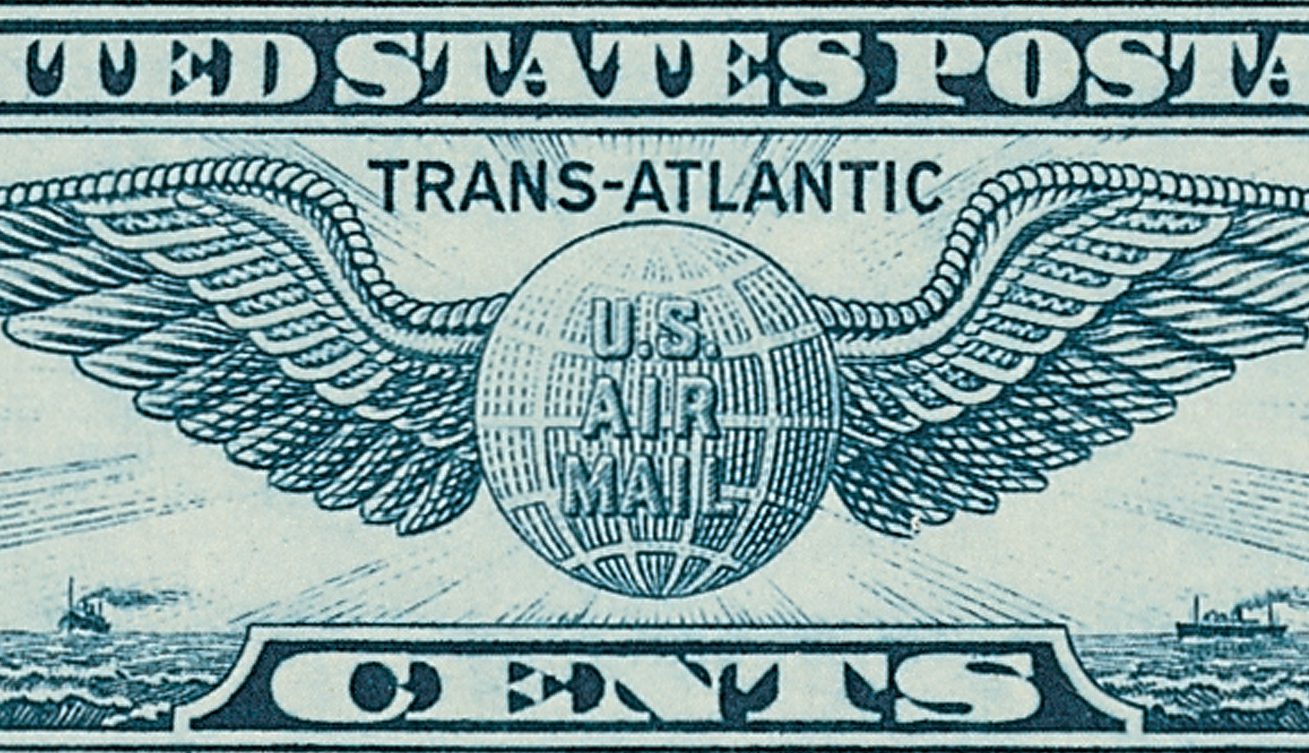
On May 20, 1939, the US Post Office inaugurated its official trans-Atlantic airmail service to Europe. The new Yankee Clipper service flew from New York to France in 26 hours.

On May 18, 1981, the USPS issued the first stamp in the Transportation Series picturing the Surrey, a doorless four-wheeled carriage. The series would span 15 years and become the largest definitive series at the time.

On May 15, 1993, the USPS issued the first installment in the Garden Flower Series, which would honor flowers that bloom in each of the four seasons. The series was inspired by the popular Wildflowers 50-stamp se-tenant issued a year earlier.

On May 13, 1918, the United States issued its first airmail stamp – US #C3. It carried America’s first airmail two days later, and sparked one of the world’s most famous stamp rarities.
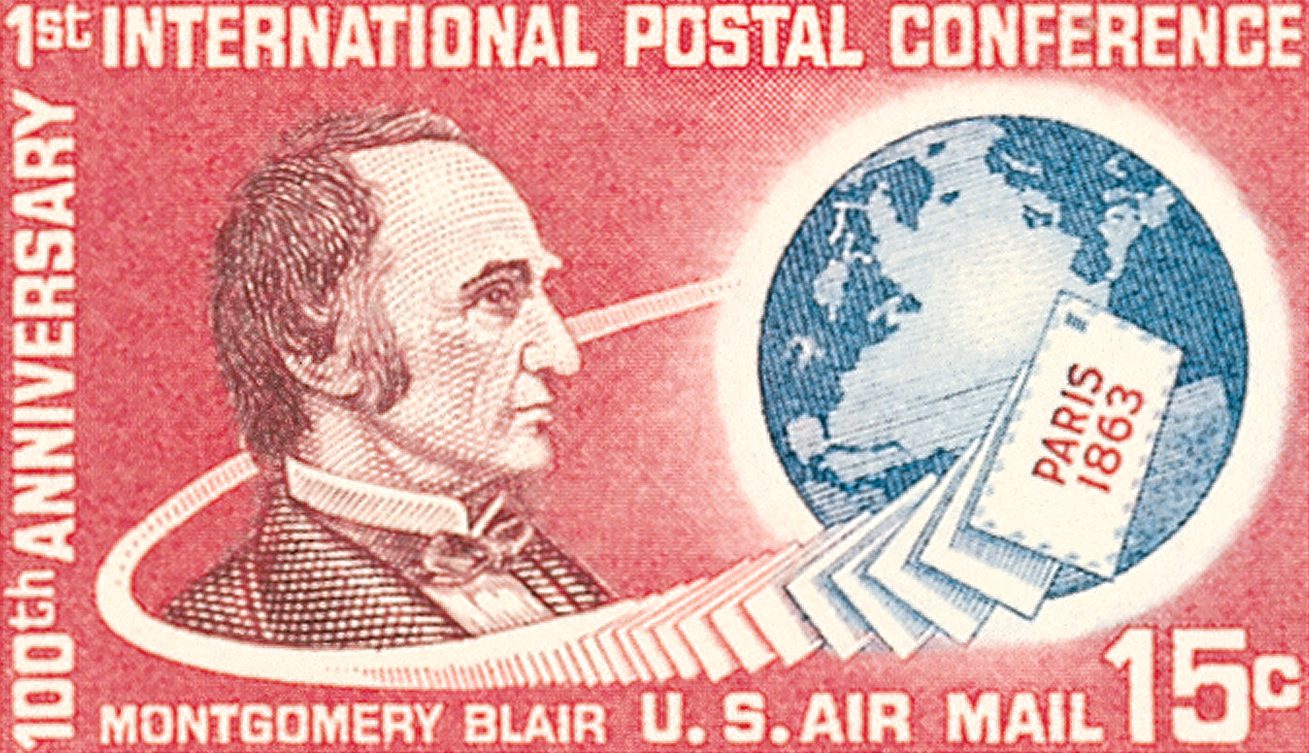
On May 11, 1863, representatives from 15 nations met in Paris to discuss postal issues. That first International Postal Conference would eventually lead to the creation of the Universal Postal Union.
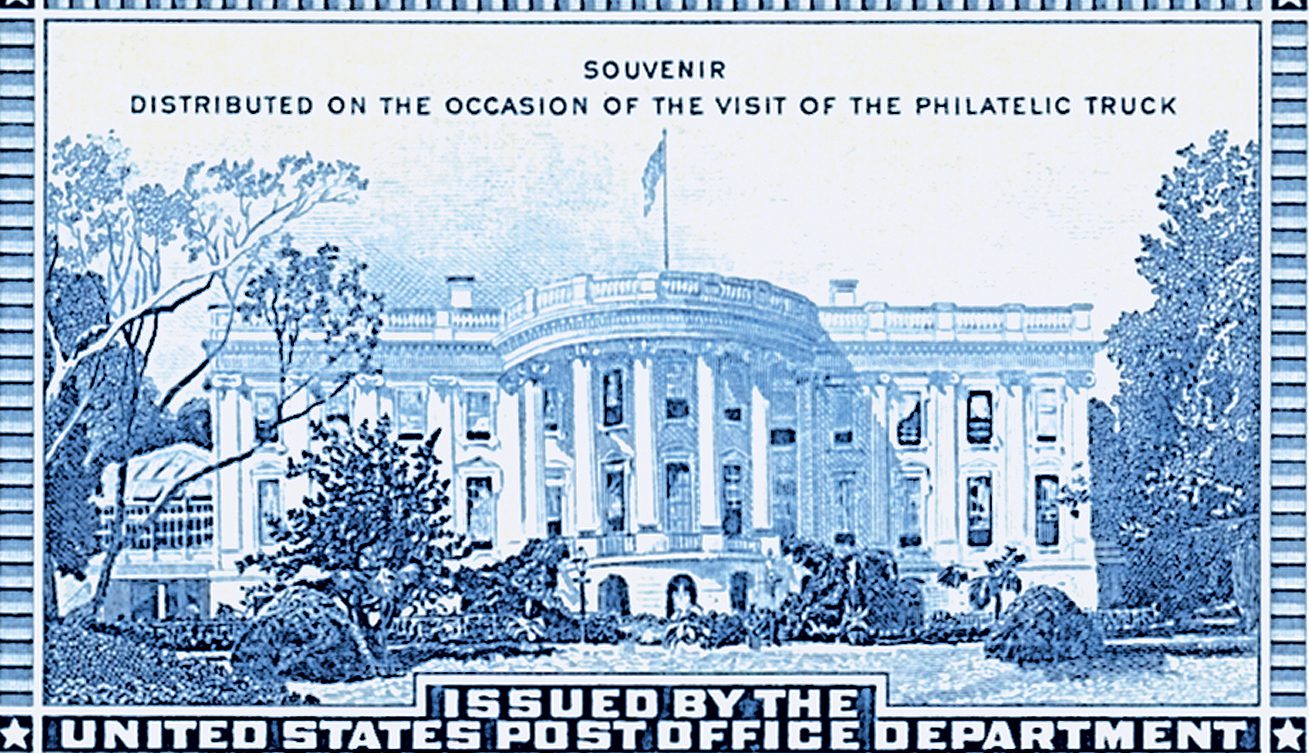
On May 9, 1939, the Philatelic Truck departed the White House on a cross-country journey to introduce thousands of Americans to the exciting world of stamps.
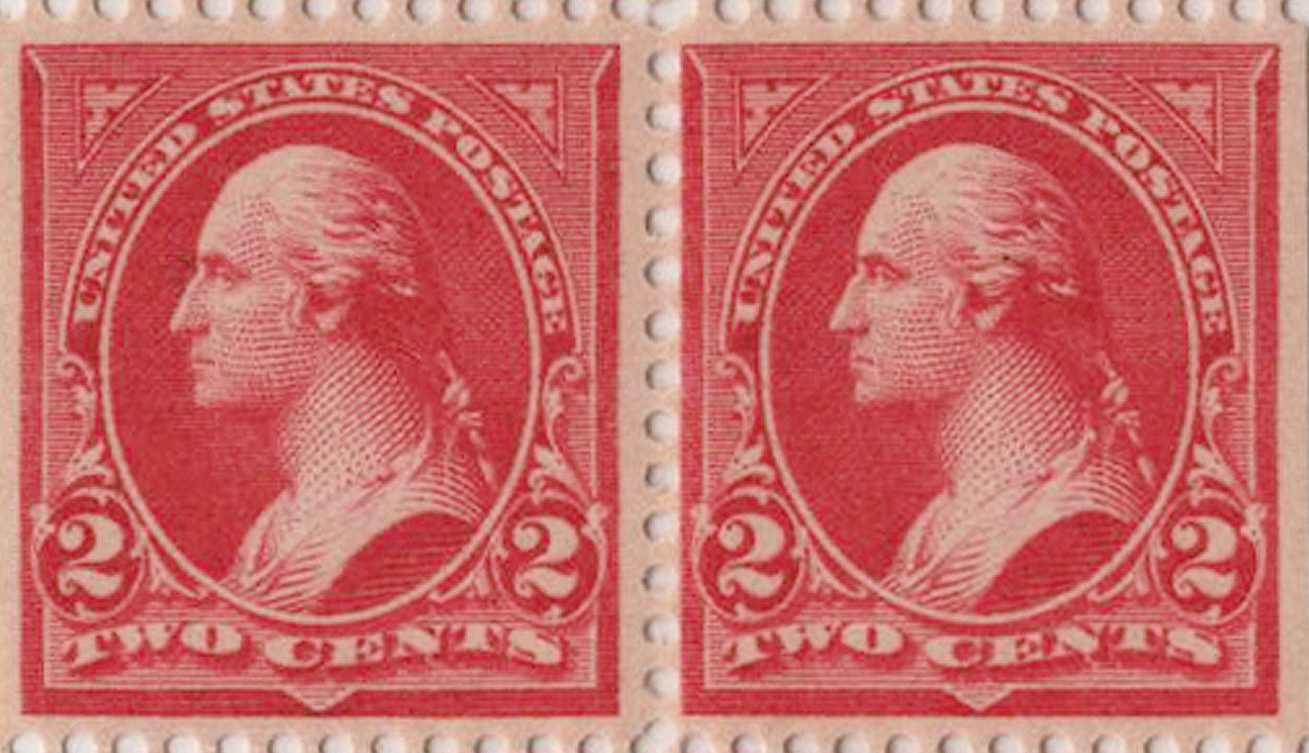
On April 18, 1900, the US Post Office issued its first stamp books. The books proved to be very popular with the general public and several post offices sold out of their supplies on the first day they were placed on sale.
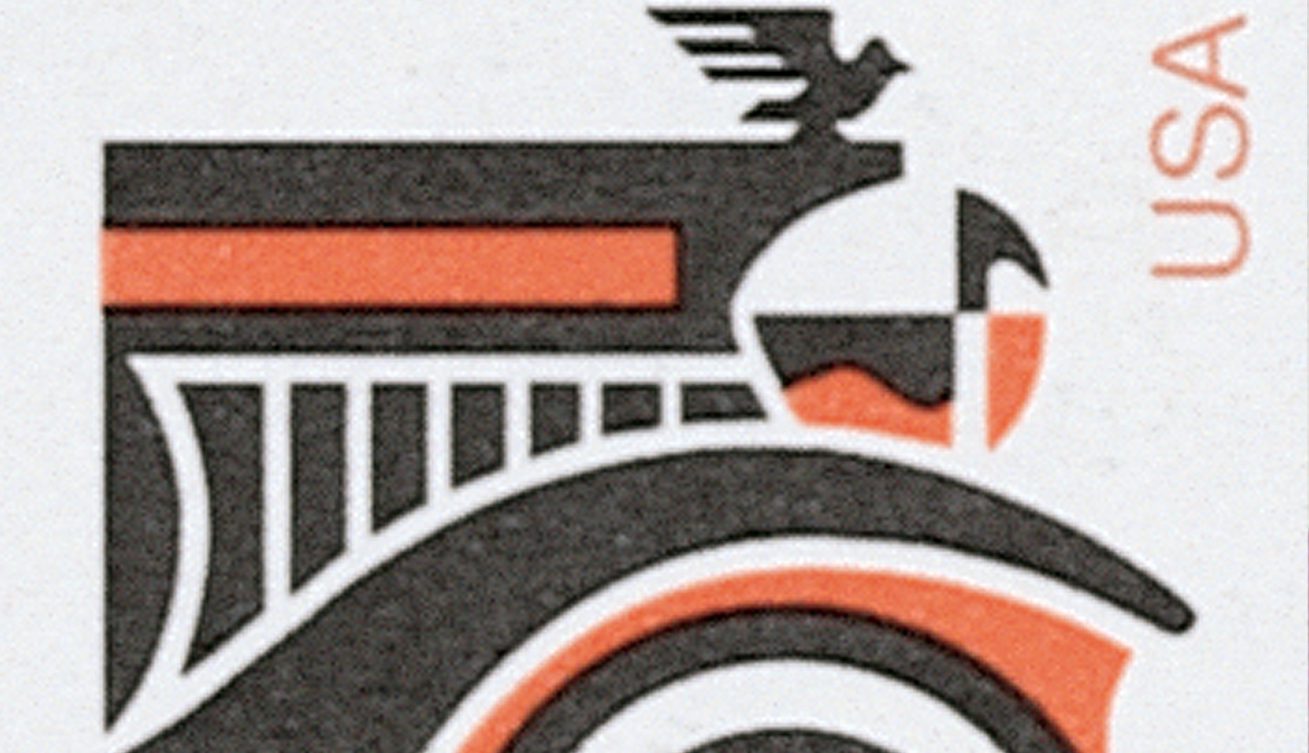
On March 10, 1995, the USPS issued the first stamps in two new definitive series – American Scenes and American Transportation. These stamps were created as part of the USPS process of converting its service-inscribed stamps for discounted bulk mail to non-denominational postage.